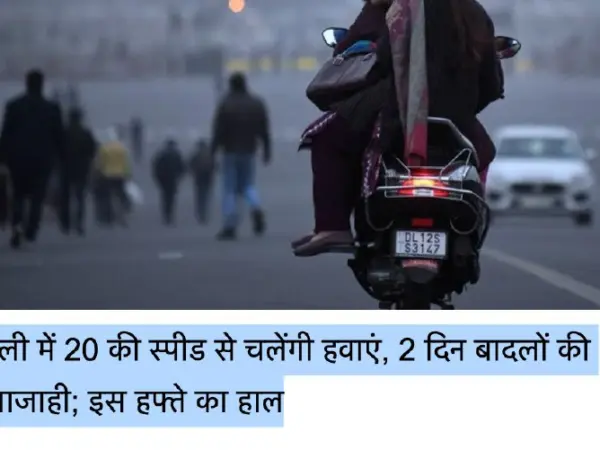The Supreme Court Clarifies Delhi’s Legislative Power
In a significant judgment, the Supreme Court clarified that the Government of National Capital Territory of Delhi (GNCTD) has legislative power over all entries in the State List and the Concurrent List, except land, police, law, and order. This means that the GNCTD assembly has the authority to make laws related to services, and the Parliament’s role is limited to preserving national interests.
Interpretation of Constitutional Principles
The Supreme Court’s interpretation of Article 239AA and Entry 41, List II was influenced by the principles of asymmetric federalism and the “triple chain of accountability” in representative democracy. Asymmetric federalism allows diverse federal units to have different relationships with the Centre, and Delhi’s unique status requires respecting the sovereign powers of the NCT in its domain to prevent centralization.
The Principle of Triple Chain of Accountability
The Court emphasized that if the Delhi Assembly is stripped of power over services, it would undermine the principle of triple chain of accountability. Civil servants would disregard the elected government’s will and be unaccountable to the electorate. Therefore, it is crucial to maintain the Delhi Assembly’s power over services.
Reserving Power for the Delhi Assembly
Article 239AA(3)(a) of the Constitution explicitly reserves power for the Delhi Assembly over services. However, Parliament has the authority to make laws under Entry 41 in exceptional circumstances to protect national interests. It is important for Parliament not to interfere in the day-to-day transactions of the elected government but only to safeguard national interests.
Reconciling Constitutional Principles
By upholding the GNCTD’s legislative power over services and recognizing Parliament’s role in preserving national interests, the Supreme Court has reconciled constitutional principles. This ensures that the elected government of Delhi can govern effectively while also safeguarding the country’s interests.
**News Summary:**
★The Supreme Court clarified that the GNCTD has legislative power over all entries in the State List and the Concurrent List, except land, police, law, and order.
★Delhi’s unique status requires respecting the sovereign powers of the NCT in its domain to prevent centralization.
★The principle of triple chain of accountability necessitates maintaining the Delhi Assembly’s power over services.
★Parliament should only interfere in the day-to-day transactions of the elected government to preserve national interests.
★The Supreme Court’s judgment reconciles constitutional principles and ensures effective governance while safeguarding national interests.
Follow DelhiBreakings on Google News
Superfast News Coverage by DelhiBreakings.com team.
For Superfast national news and Delhi Breaking Stories visit us daily at https://www.delhibreakings.com





